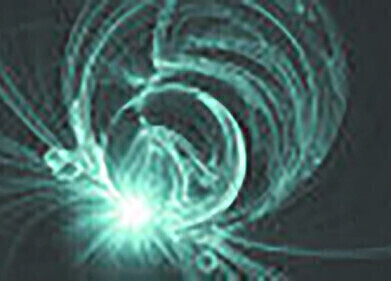LC-MS
“Three Cheers” said the Bee — Chromatography Investigates
May 03 2018
If bees could read, they would have been overjoyed at a recent press release from the European Union. A press release from PAN Europe — Pesticide Action Network — describes the announcement as ‘Neonicotinoids: a historic day for the European Union’. The reason was an announcement from the European Commission that three pesticides have been banned from use from April 27th, 2018.
What have been banned and why are bees happy? Read on.
Neonicotinoids — controlling harmful insects
Neonicotinoids are insecticides, which means that they kill insects. They are chemically like nicotine — one of the main active substances in cigarettes — and are classed as systemic pesticides. Systemic pesticides differ from contact pesticides which remain on the surface of the plant’s leaves. Systemic pesticides are absorbed by the plant and transported through the plants leaves, flowers, roots and stems. They can also be found in the plant’s pollen and nectar.
They act by affecting the central nervous system of the insect, binding to receptors which causes an excitation of the nerves. This leads to paralysis and death. Neonics are much more toxic to invertebrates than they are to other animals like mammals or birds. The specific neural pathway targeted by neonicotinoids is more abundant in insects than in mammals or birds — hence, the greater toxicity towards insects.
Bees — affected by neonicotinoids
Because bees have more receptors than other insects, meaning that they are more susceptible to their action, and, unlike other insects, bees do not possess the genetic means to detoxify the pesticide.
The pesticide was approved for use in the 1990’s, with one of the advantages over other pesticides being that it had a minimal effect on mammals and other wildlife. But research over the last few years has shown neonicotinoids to be harmful to bees. Analysis of pesticides is discussed in the article, Utilisation of LC/MSMS (QTRAP) and Polarity Switching for the Quantitative Analysis of Over 300 Pesticides in Crude QuEChERS Extracts from Various Fruit and Vegetable Matrices.
Banned — action by the EU
On April 27th, 2018, the European Commission acted to ban three neonicotinoids — imidacloprid, clothianidin and thiamethoxam — that have been shown to kill bees. Bees are essential for our agriculture and for maintaining a diverse ecosystem — so killing them in the name of agriculture seems silly.
Martin Dermine, PAN Europe’s Health and Environment Policy Officer said:
‘Authorising neonicotinoids during a quarter of a century was a mistake and led to an environmental disaster. Today’s vote is historic. A majority of Member States gave a clear signal that our agriculture needs transition. Using bee-killing pesticides cannot be allowed anymore and only sustainable practices should be used to produce our food’.
Events
Apr 22 2025 Kintex, South Korea
Analytica Anacon India & IndiaLabExpo
Apr 23 2025 Mumbai, India
Apr 27 2025 Portland, OR, USA
May 11 2025 Vienna, Austria
May 18 2025 Tempe. AZ, USA












